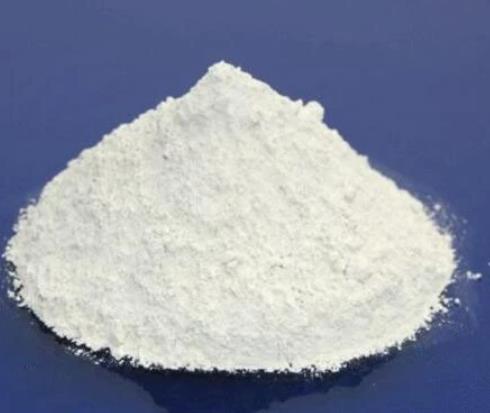D-Glucose Monohydrate: A Comprehensive Overview
Oct 21,2024
D-glucose monohydrate is a common natural sugar involved in processes such as energy production, glycosylation, and formation of glycans that provide structure to cells.
Medical uses
D-glucose monohydrate is produced in humans via hepatic gluconeogenesis and breakdown of polymeric glucose forms (glycogenolysis). It circulates in human circulation as blood glucose and acts as an essential energy source for many organisms through aerobic or anaerobic respiration and fermentation.
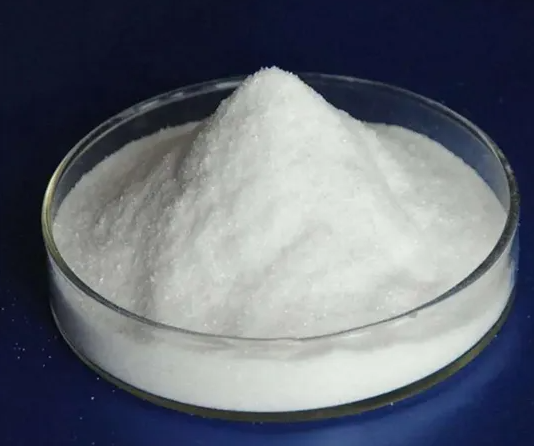
It is primarily stored as starch in plants and glycogen in animals to be used in various metabolic processes in the cellular level. Its aldohexose stereoisomer, dextrose or D-glucose, is the most commonly occurring isomer of glucose in nature.
Mechanism of action
Glucose is listed on the World Health Organization's List of Essential Medicines, the most important medications needed in a basic health system. Glucose supplies most of the energy to all tissues by generating energy molecules ATP and NADH during a series of metabolism reactions called glycolysis.
Glycolysis can be divided into two main phases where the preparatory phase is initiated by the phosphorylation of glucose by hexokinase to form glucose 6-phosphate. Glucose can act as precursors to generate other biomolecules such as vitamin C. It plays a role as a signaling molecule to control glucose and energy homeostasis. Glucose can regulate gene transcription, enzyme activity, hormone secretion, and the activity of glucoregulatory neurons. The types, number, and kinetics of glucose transporters expressed depends on the tissues and fine-tunes glucose uptake, metabolism, and signal generation to preserve cellular and whole body metabolic integrity.
- Related articles
- Related Qustion
- What are the pathways for glucose synthesis? Dec 17, 2025
Glucose is a fundamental substance sustaining human life activities. Its synthesis pathways differ across organisms. In plants, glucose is synthesized through photosynthesis within chloroplasts of plant cells.
Supplementation with pyridoxal 5'-phosphate monohydrate can synthesize neurotransmitters such as dopamine and serotonin, maintaining a healthy nervous system.....
Nov 4,2025Biochemical EngineeringTianeptine is a tricyclic antidepressant that has been approved in a number of European, Asian and Latin American countries for the treatment of multiple depressive disorders, particularly in patients who are intolerant or unresponsive to o....
Oct 22,2024APID-Glucose monohydrate
5996-10-1You may like
D-Glucose monohydrate manufacturers
- D-Glucose monohydrate
-
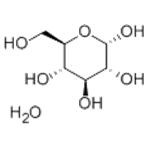
- 2026-01-27
- CAS:5996-10-1
- Min. Order:
- Purity: 0.99
- Supply Ability:
- D-Glucose Monohydrate
-
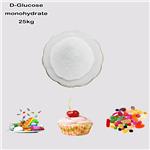
- $0.00 / 1KG
- 2026-01-27
- CAS:5996-10-1
- Min. Order: 1KG
- Purity: 99.7%
- Supply Ability: 1000kg
- D-Glucose monohydrate
-
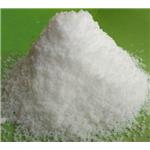
- $100.00/ kg
- 2026-01-21
- CAS:5996-10-1
- Min. Order: 1kg
- Purity: 99%
- Supply Ability: 5000





